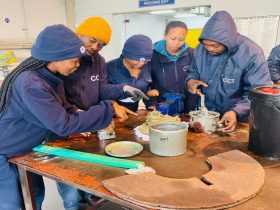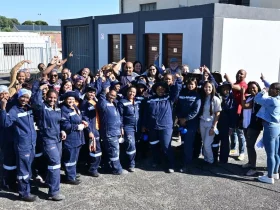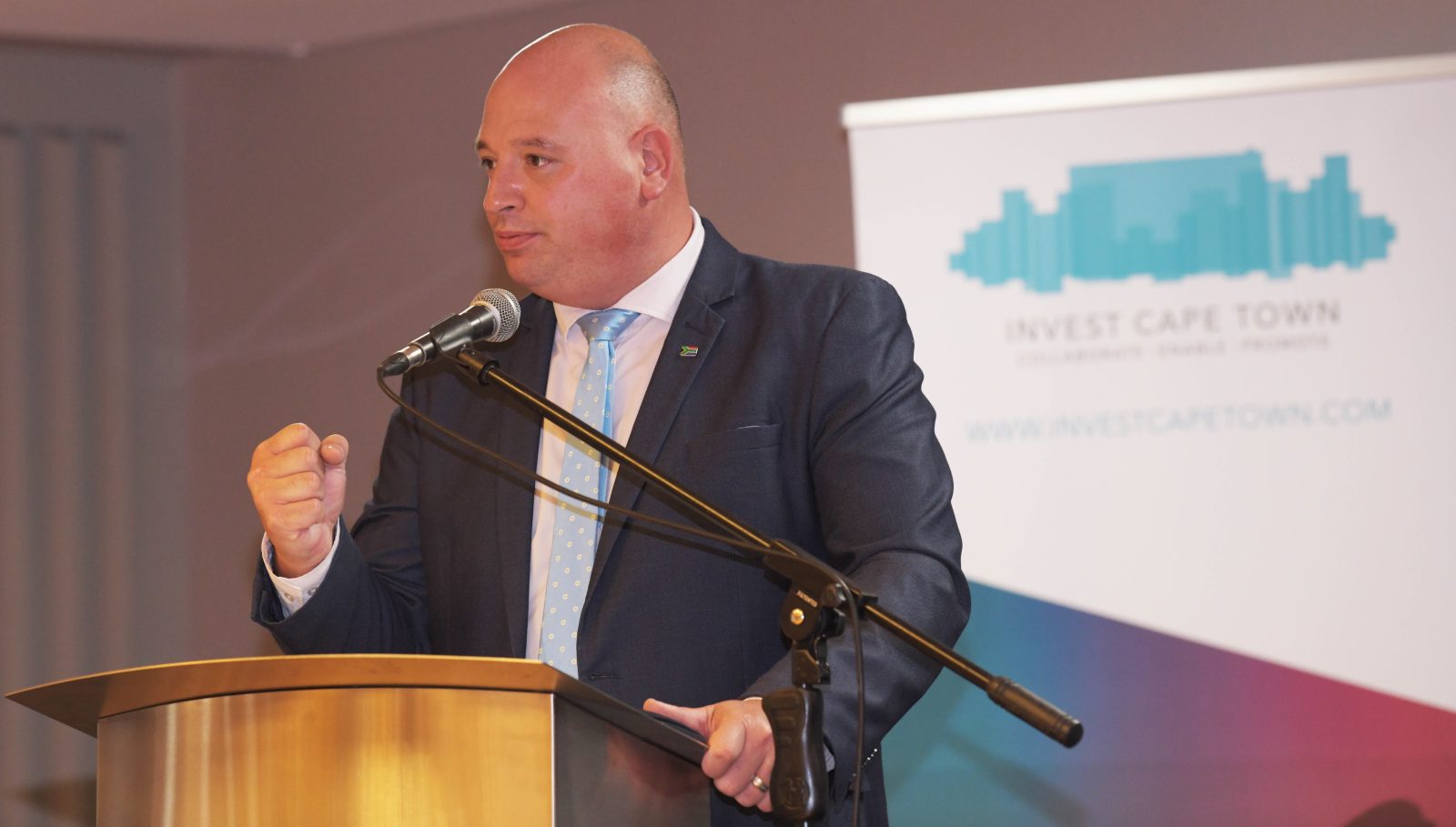When the president opened Parliament and delivered his SONA on 10 February 2022, he said that the Department of Home Affairs was ‘streamlining and modernising the visa application process to make it easier to travel to South Africa for tourism, business and work’. Two years later, it is clear that the very opposite is true with the department sitting on a mountain of almost
75 000 in unprocessed temporary residency visas, with an additional backlog of 44 000 in permanent residency permits.
To add insult to injury, the department issued a surprise directive to international visitors who haven’t received a visa renewal by 23 February 2024 to leave South Africa by the end of the month, or risk being banned.
Should these visitors who tend to stay in the country for several months be forced to leave – many of whom choose the Western Cape specifically – it would deal a great blow to our tourism and hospitality industries, not to mention the severe long-term reputational damage that is sure to befall us.
Of further concern is the fact that the visa backlog is a strain on local industries.
I dedicated time to engage with industry bodies, comprehending the impact of our flawed visa system on their sectors and the entire economic ecosystem. I am committed to taking a stand by advocating for change. This endeavour aims to address the constraints faced by companies.
For example, our Special Purpose Vehicle (SPV) partner in the call centre industry, CapeBPO, has noted that the current visa system is hindering critical knowledge transfer for numerous local jobs. The sector currently provides 80 000 jobs for Capetonians. If companies and other industry players were able to provide the necessary skills development, that number could increase exponentially in Cape Town and the rest of the country.
Similarly, UVU Africa, the City’s tech industry SPV, has emphasised the challenges in acquiring visas for delegates, prompting the relocation of events from Cape Town to other parts of Africa. My pursuit is fuelled by the determination to protect jobs and foster economic growth.
In addition, would-be international travellers have found that the e-Visa system is also largely ineffective.
Then of course, we must not forget the remote worker visa that the president said in last year’s SONA was being introduced but has not yet been. I have pushed for this special visa for more than three years and provided National Government with a proposal on how to go about enacting it.
It is long past time for the Department of Home Affairs to properly lay out a detailed plan that addresses the crisis of our visa system and, importantly, to stick to that plan. This ineffectual, frustrating structure is driving down growth and job opportunities for the millions of South Africans who desperately need it.
The Port of Cape Town
Similarly, plans for urgent reform must be announced for Transnet’s Port of Cape Town. The city and country’s economy is dependent on the port for the efficient importing and exporting of goods.
Research from the South African Association of Freight Forwarders indicates that South Africa’s economy is losing R98 million a day due to challenges at the country’s ports.
For example, clothing retailers and manufacturers are unable to bring in products and raw materials to meet customer needs. Retailers have gone so far as to send containers to Walvis Bay, Namibia, and transport goods via truck to ensure they have the necessary inputs to do business.
In recent months, fruit exporters have been especially hard hit with Hortgro, the fruit industry representative body, reporting that some fruit exports through the port were down by as much as 62% in November and December 2023 compared with the same time in 2022.
South African consumers are further hurt because the prices of various foodstuffs, such as cooking oil and canned goods, electronics like smartphones and laptops, as well as medications, are negatively impacted by the delays in the port. These delays knock local retailers who inevitably pass on the increase in cost to their customers.
I am once again urging National Government to give a clear and decisive deadline as to when private sector partners can be brought in at our port and importantly, they must detail what measures will be put in place to avoid misuse or maladministration.
The Freight Logistics Roadmap, which Cabinet has approved, states that a private partner will be introduced at the Ngqura Container Terminal in the Eastern Cape in April this year while a private partner has already been appointed for Durban’s Pier 2. But the plan gives no insight as to when or if this will happen at Cape Town and other ports.
An improved port would lead to the creation of job opportunities, increasing export volumes, and improving our standing in the global market. More specifically, if the necessary upgrades and maintenance are conducted, we can see an economic injection of R6 billion and 20 000 new jobs.
Duty reductions for clothing products
The third matter that I hope President Ramaphosa will look into is that of further duty reductions for products used in clothing manufacturing. The reduction in 2021 of the 22% duty on imported woven fabric was an important step forward to improve the cost competitiveness of the industry.
According to research from the City’s Special Purpose Vehicle, the Cape Clothing and Textile Cluster, the rebate has improved the cost competitiveness of 22 million locally-made products by an average R9,50 per garment.
If such duty reduction measures were to be responsibly expanded into yarn and knitted fabric, more locally-made products could achieve globally competitive prices and we could turbocharge interest in sourcing from South African manufacturers. The more competitive it is to manufacture locally, the greater the demand and job opportunities could be.
The International Monetary Fund recently slashed its growth forecast for South Africa’s economy this year, citing persistent problems such as disruptions in the energy sector and also the logistics such as transport, freight and ports. As we face economic challenges on a national scale, Cape Town has exemplified resilience and growth through business-friendly policies, infrastructure investment and dedicated industry support. More than 1,7 million Capetonians are now employed, the highest employment total this city has seen in at least 15 years.
However, for the nation to thrive, President Ramaphosa must address these pressing issues, unlocking the true potential of South Africa and providing tangible relief for millions grappling with unemployment and rising living costs.
























Leave a Reply